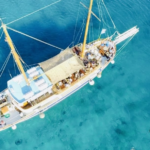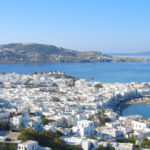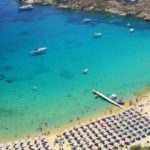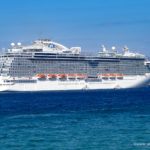One of the factors that has contributed to Mykonos’ international popularity is it’s people. The open attitude and hospitality of the Mykonians are qualities that have been with them for centuries. Because of the island’s rocky terrain and limited rainfall the locals turned mainly to the sea for survival. Fishing and commercial trade brought frequent contact with foreigners resulting in an openness to visitors not as often found on other self-supporting agricultural islands. During the 50’s modern-day tourism started to develop and as the island’s popularity grew, so did its population. Today it is estimated that Mykonos is the home of 15.000 people, of these 4.000 are foreign residents. During the summer months and the height of the tourist season the island supports over 50.000 holidayers, locals and part-time workers. Over 80% of the island’s work force is understandably involved in the service industry with the remainder spread between fishing, farming and construction.
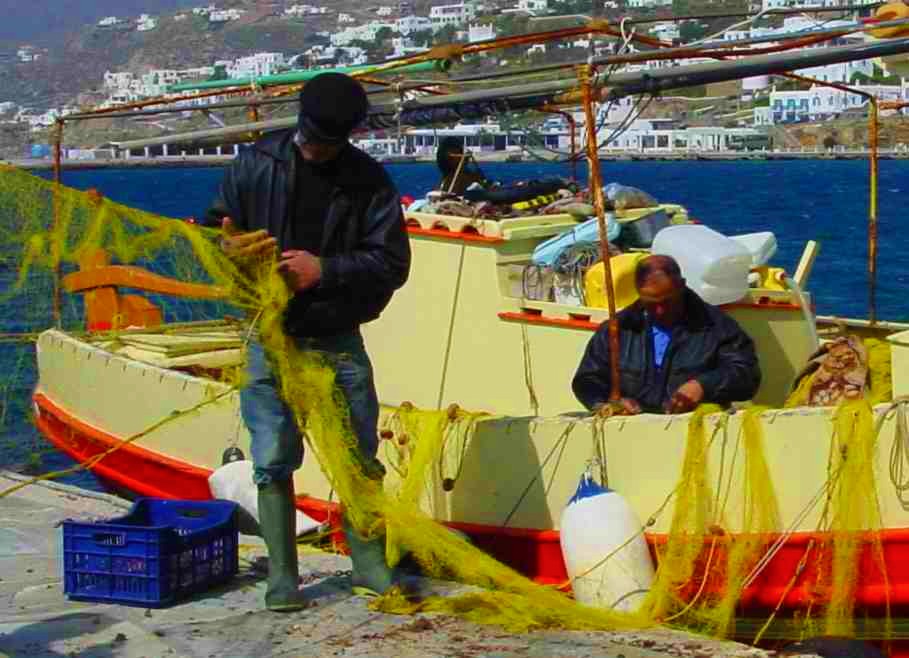
With Greece being a nation both religious and strong in family values, the people of Mykonos, although more liberal-minded, are no exception. Greek Orthodox is the main religion along with a small representation of Catholics. The lifestyle of the islanders is for the most laid-back and easygoing, always quick to recognize a good time. Taverns and particularly cafeneons on the harbor play an important role in their social lives as it is here most meetings for business and pleasure are centered. On Mykonos old traditions are upheld through local festivals and religious celebrations which occur regularly throughout the year. At these public gatherings homemade culinary delicacies in the form of cured meats, cheeses, wines, breads and pastries can be readily sampled, local folk musicians complete the scene playing their traditional melodies into the night. Even with the coming of technology and the influences of tourism the Mykonian people today still reflect their past in daily life. The fishermen continue to display their catch and mend their nets and farmers still sell their produce of vegetables and flowers from the backs of donkeys as they wind their way through the narrow streets of the village.
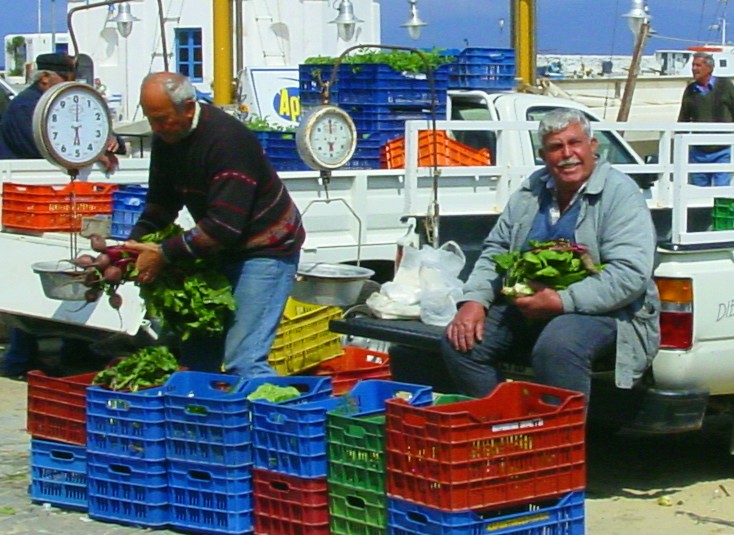
Along with its share of monasteries, convents and cathedrals the island is very well known for its abundance of small family churches. Originally built as a tribute to aid in the safe return of the island’s sailors, the celebrated number of these chapels is told to be 365, one for each day of the year. In reality and lately more of a sign of affluence these churches which curiously are all built to face west, number closer to 500 in total. Although there is a Catholic church in the town of Mykonos, Greek Orthodox is the main religion of the island.






